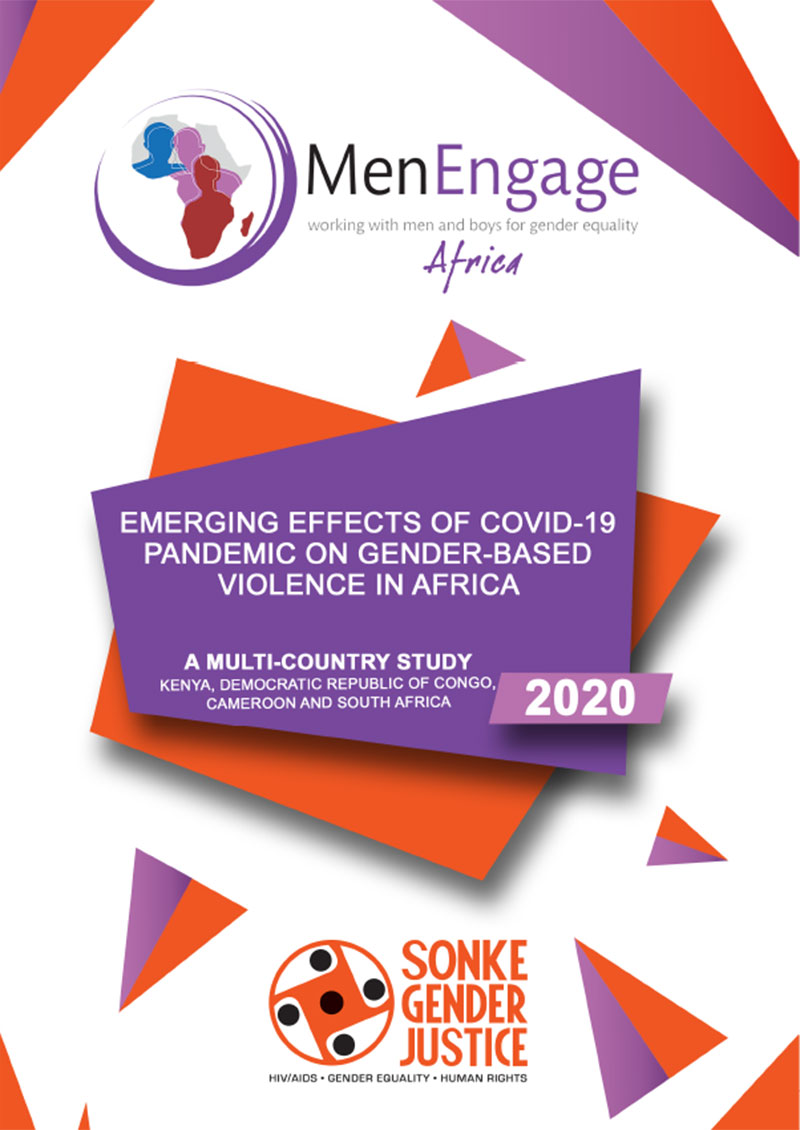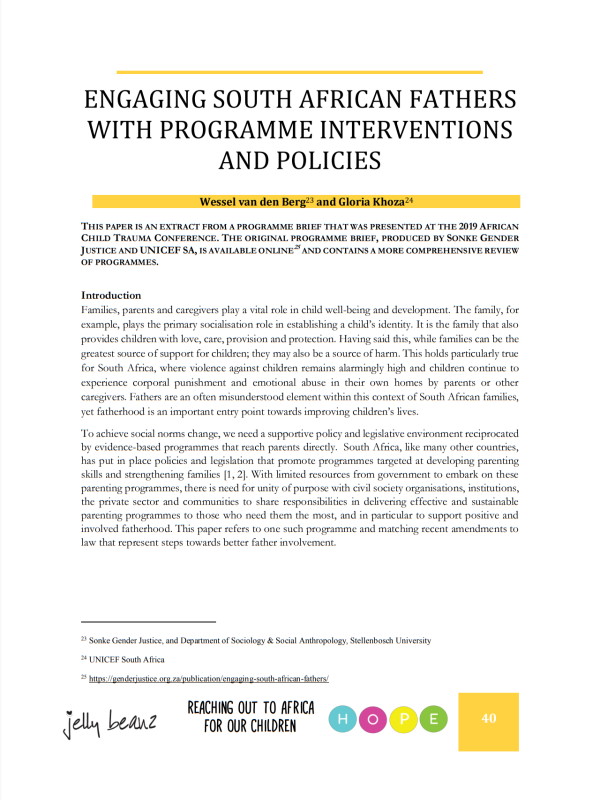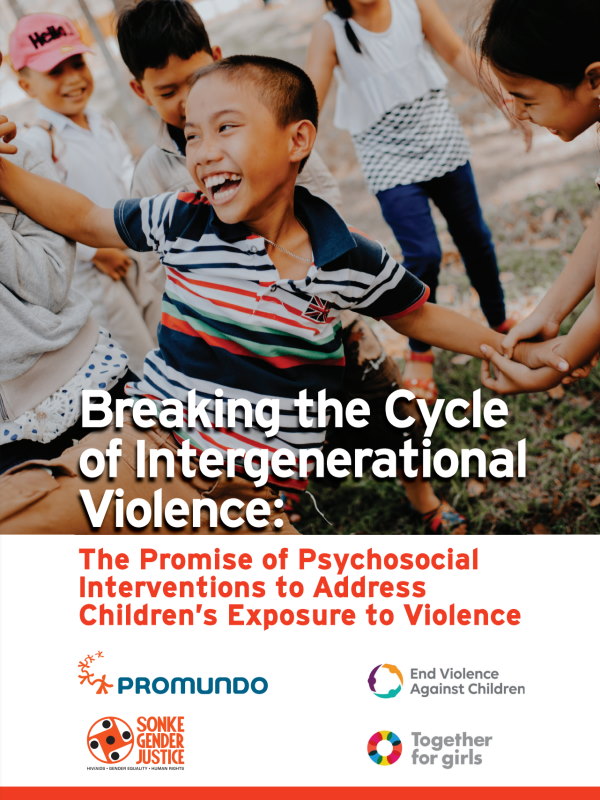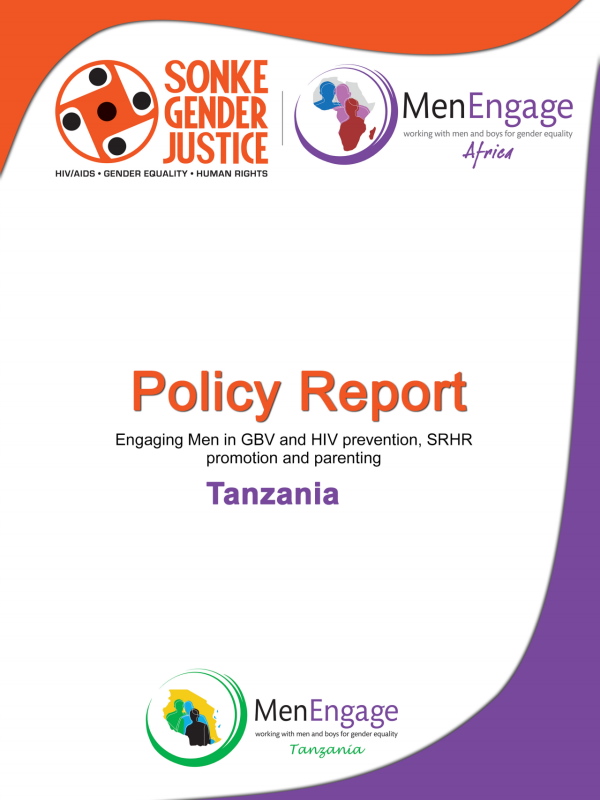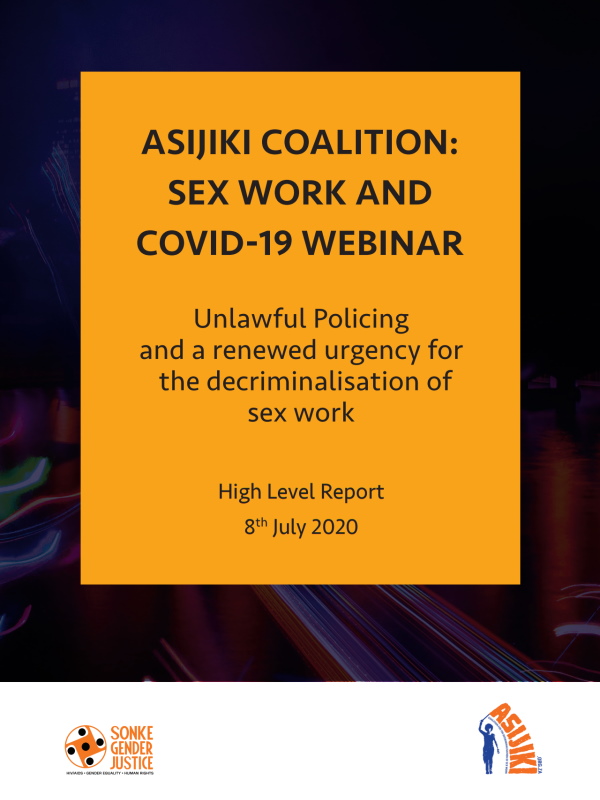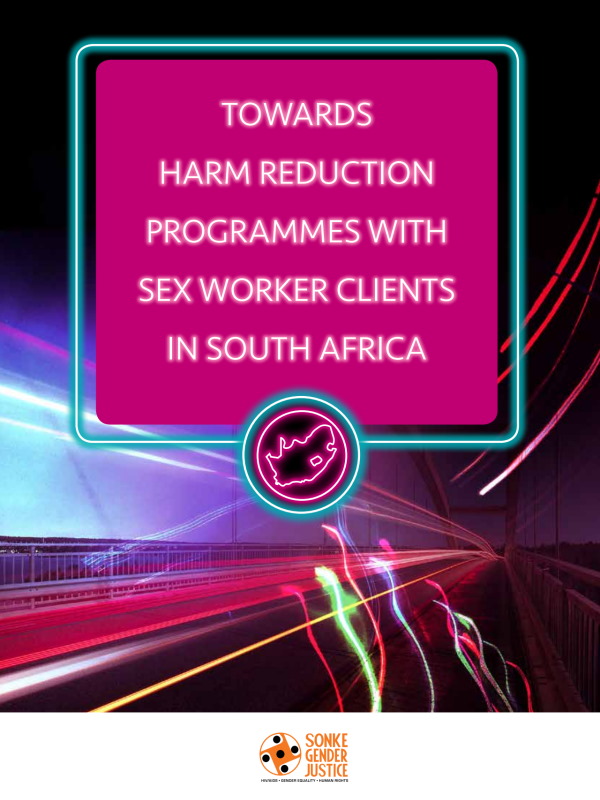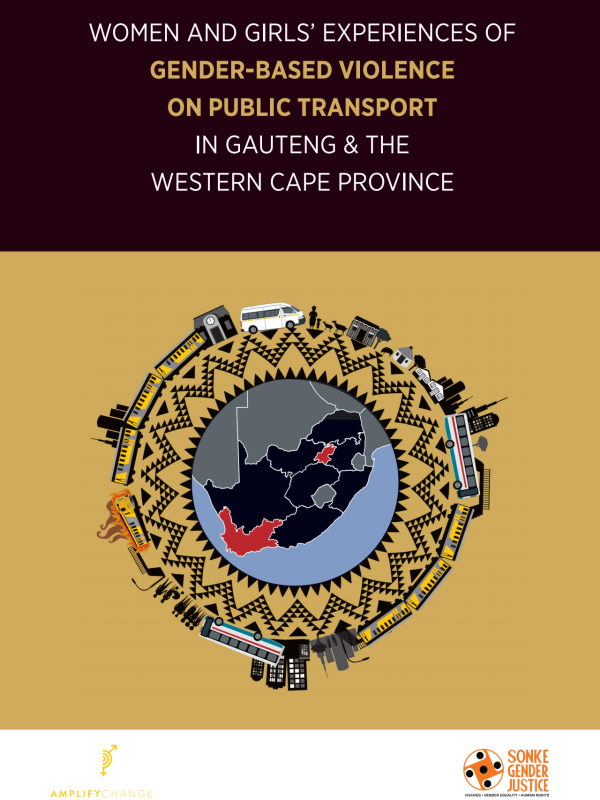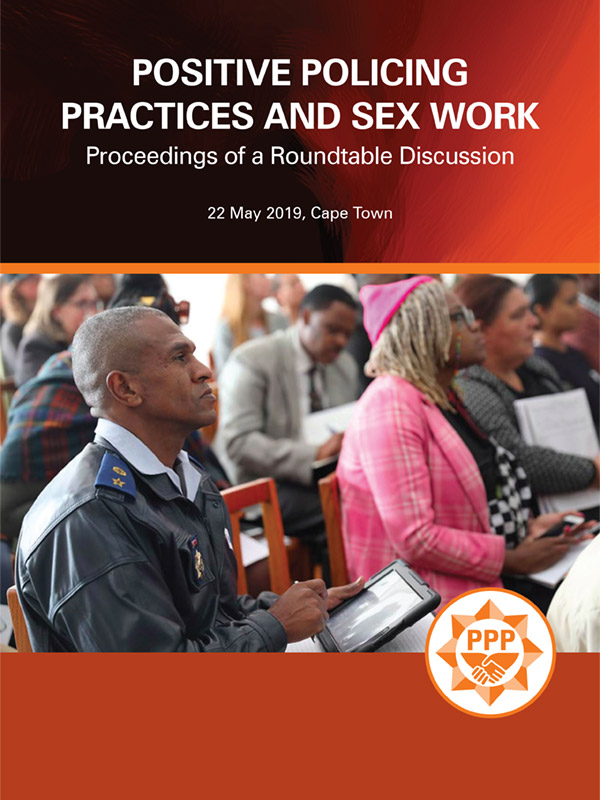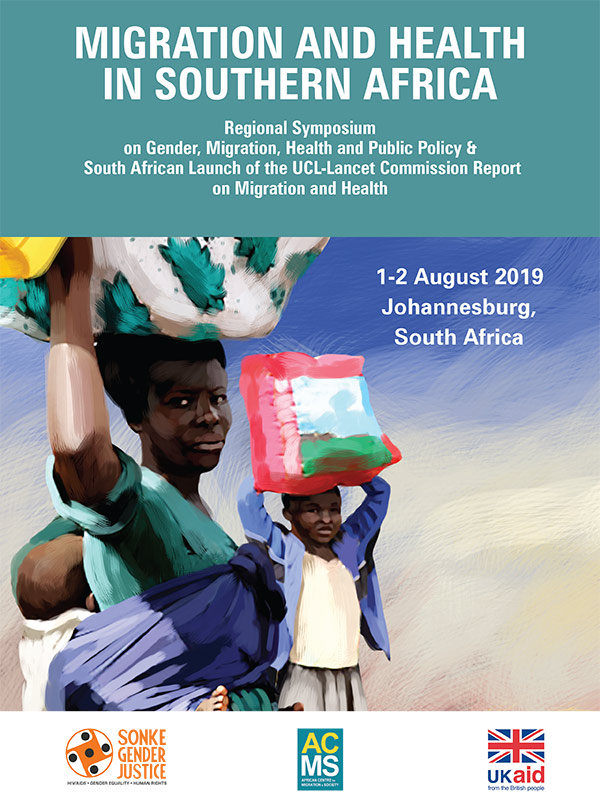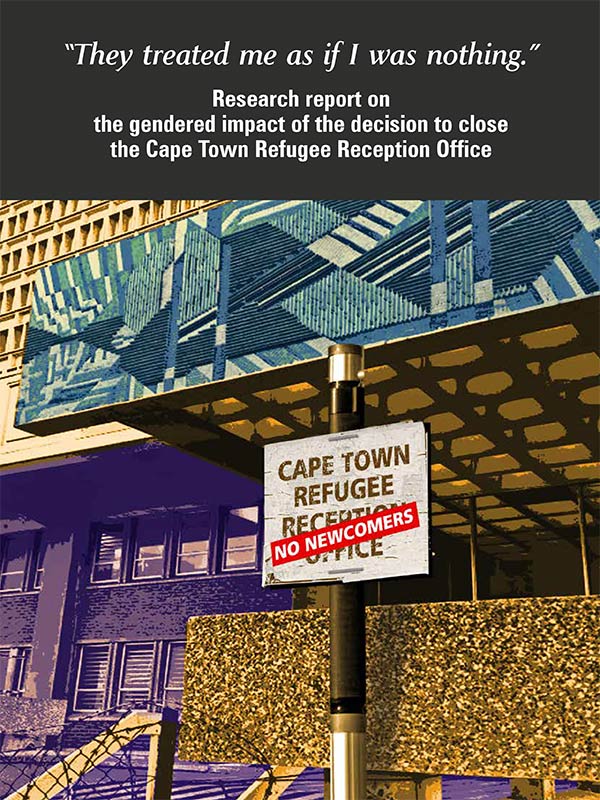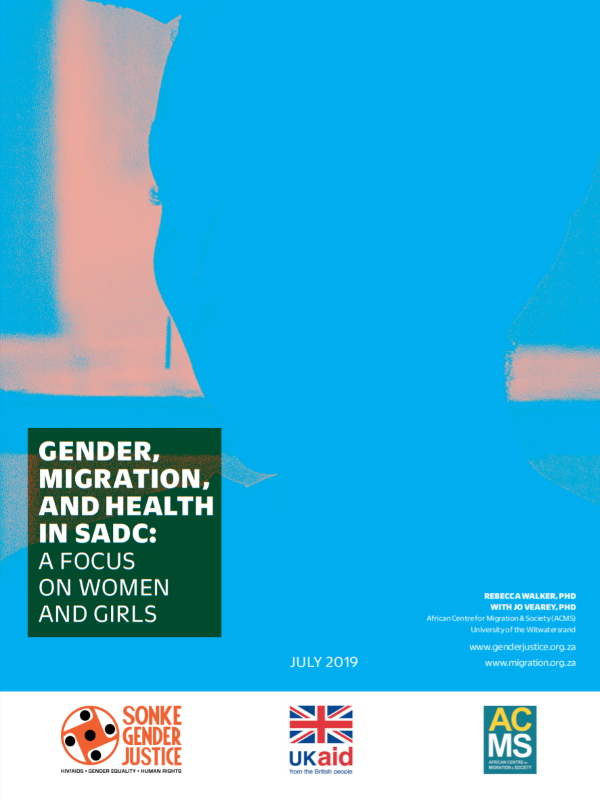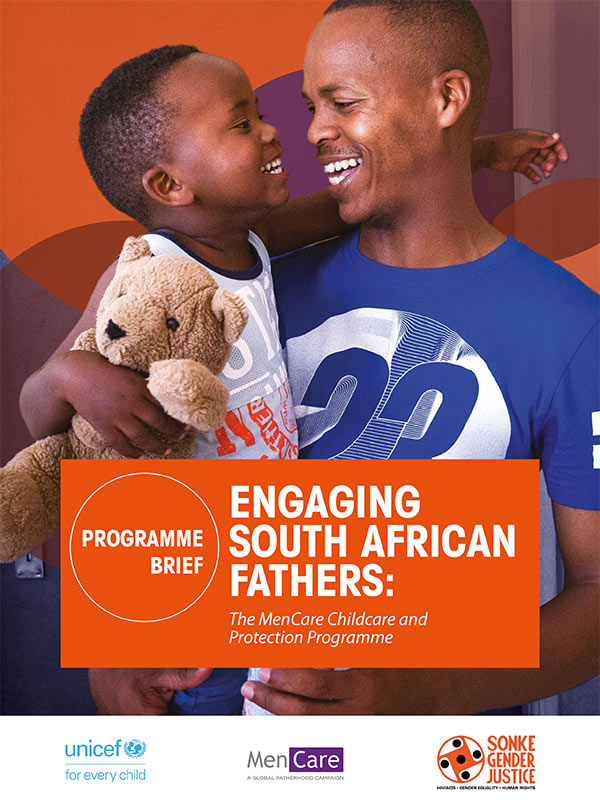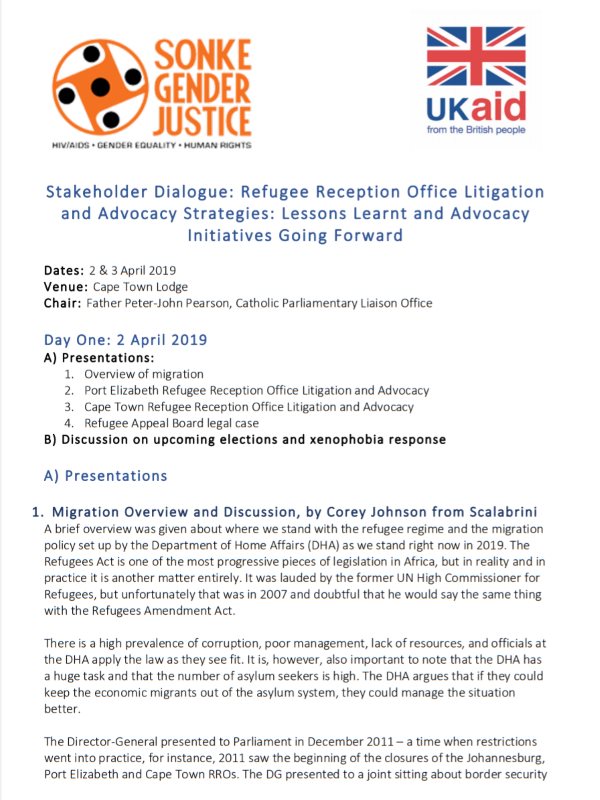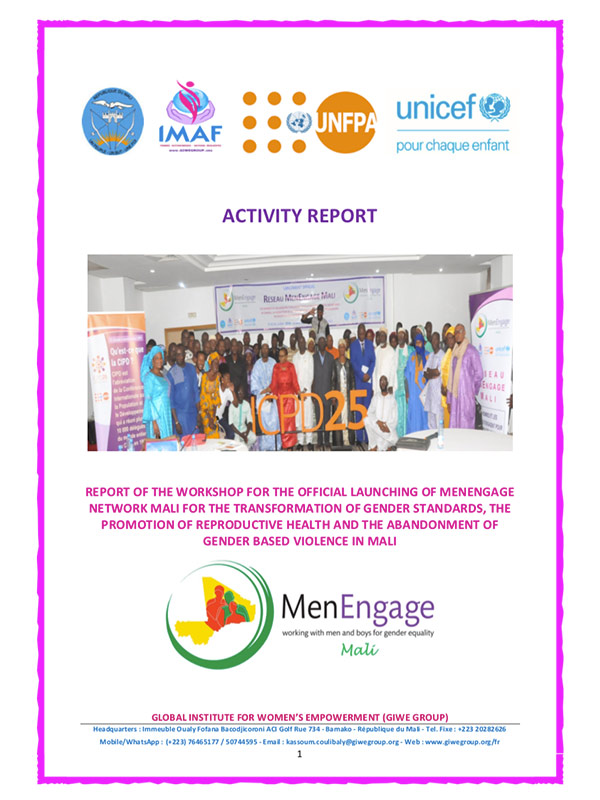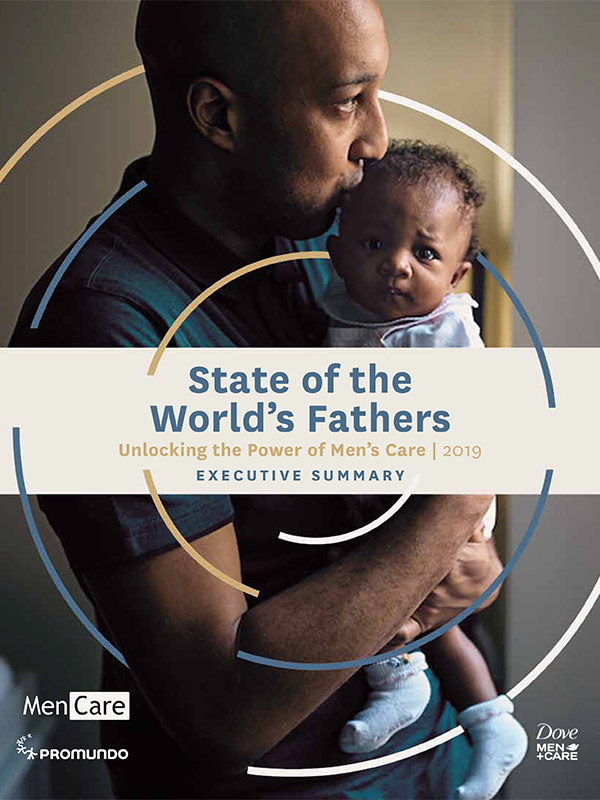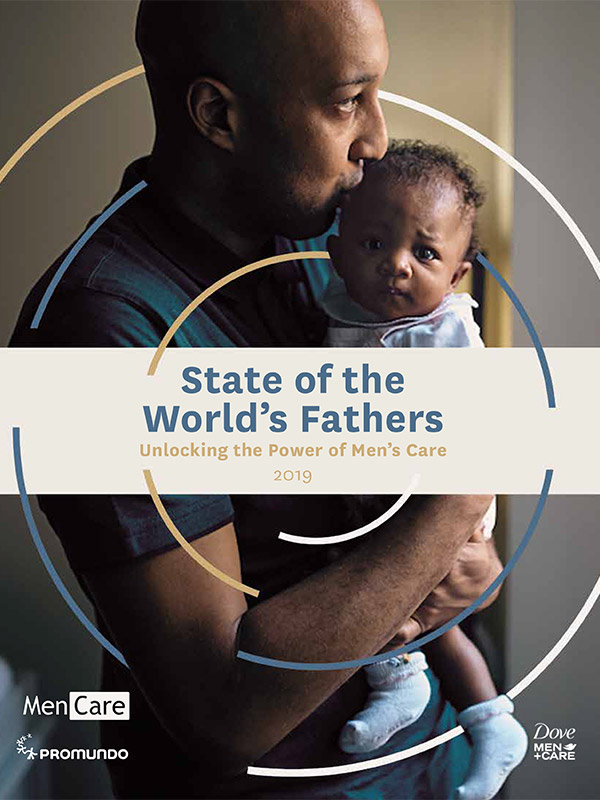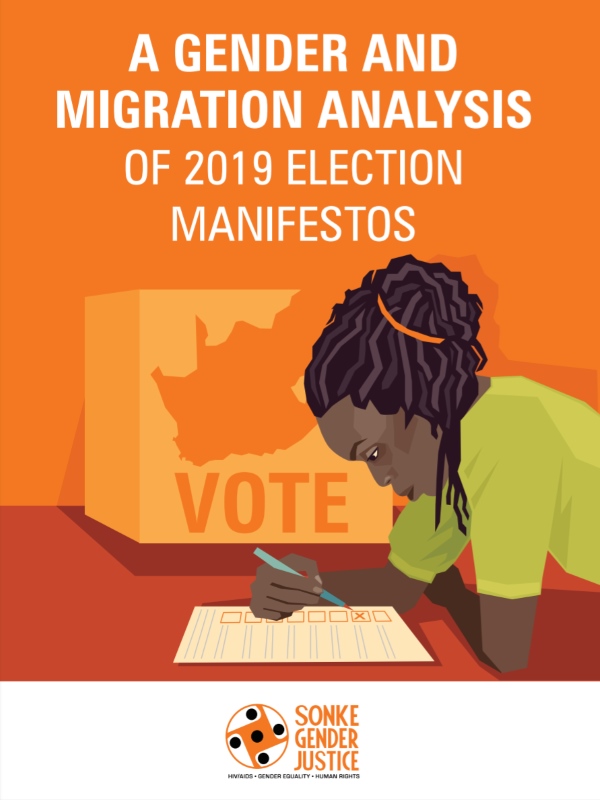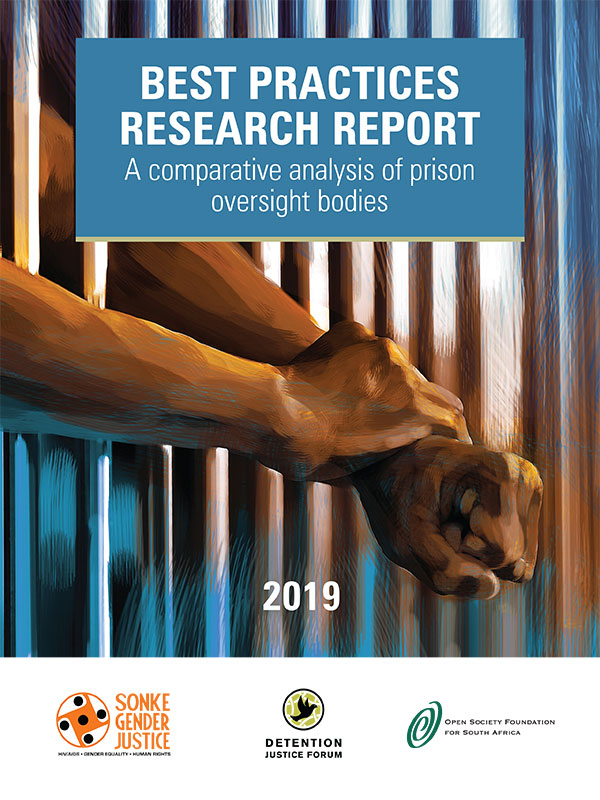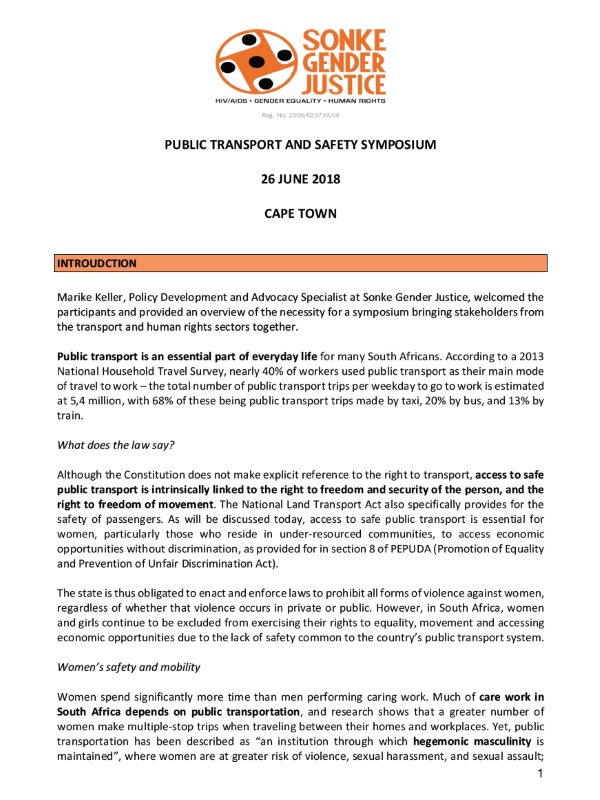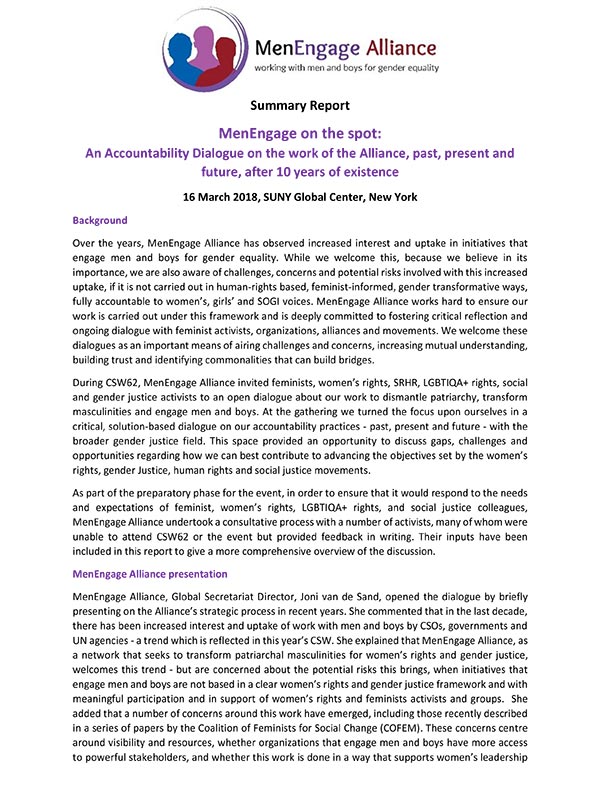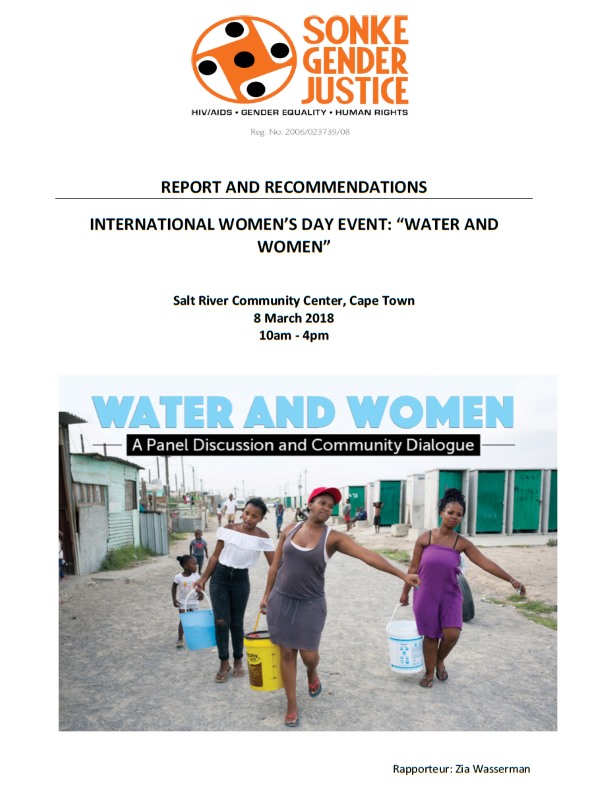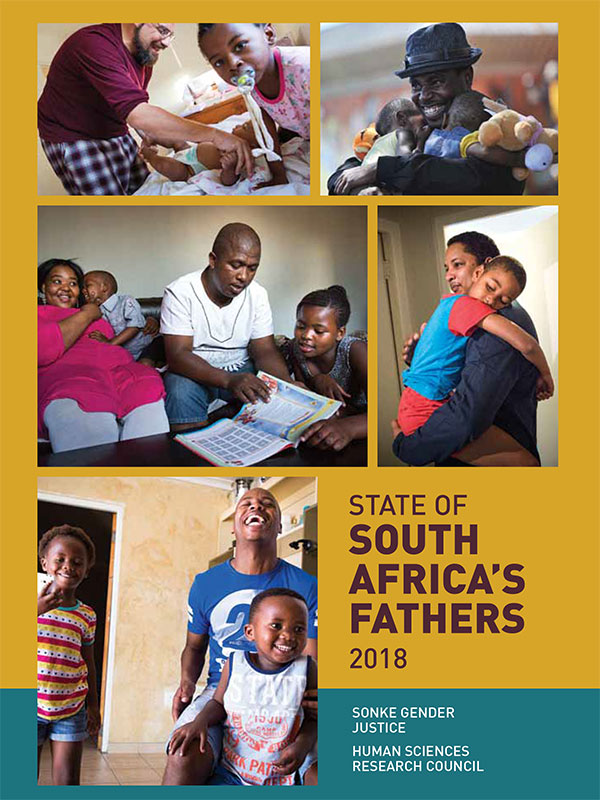The emergence of Covid-19 has significantly contributed to the increase in gender-based violence in many societies. This study investigates the trends of this violence in Cameroon, Kenya, Democratic Republic of Congo and South Africa.
The outbreak of coronavirus disease 2019 (COVID-19) affected individuals and communities in a variety of ways. Within a couple of months, the virus had infected millions of people across the world in high, middle and low-income countries. The Director General of the World Health Organization announced the outbreak of coronavirus (COVID-19), a global pandemic on 11 March 2020 (WHO 2020). In an effort to control the spread of the virus, governments around the world and in Africa put in place lockdown measures that have restricted movement, with citizens being advised to stay at home and observe social distancing. The pandemic and the related lockdown measures worsened vulnerabilities for GBV, which had various impacts which were exacerbated in contexts with weak health systems, weak rule of law, existing high levels of violence against women and girls (VAWG), and gender inequality.
As the situation unfolded, anecdotal evidence indicated towards an increase in GBV in developed countries. As the virus spread and as governments across the continent implemented the restrictive measures designed to control the spread, there was little evidence especially within the African context regarding the effects of the pandemic and the various measures on gender-based violence (GBV). Generating evidence around the impact of the pandemic in Africa would provide data that could be utilized to develop programs to respond to GBV during the pandemic period by reducing risks of GBV through prevention and mitigation strategies. The research findings would also be important in strengthening national and community-based response systems to prevent and mitigate GBV while enabling survivors to access care and support, amidst and post the COVID-19 pandemic. Specific focus was given to selected African countries of the South, East, West and Central African countries. These countries were:: SA, Cameroon, DRC and Kenya. These countries were selected because they had experienced a heavy burden of the pandemic in Africa, and had varying lock down measures implemented which was deemed able to provide good comparisons.
